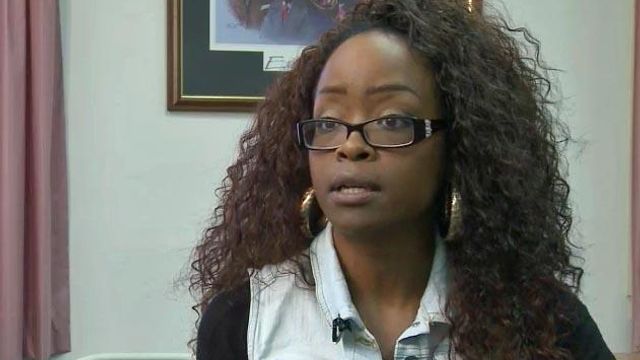Awareness day highlights HIV among African-Americans
Friday is National Black HIV and AIDS Awareness Day, drawing awareness to the disease's effects on African-Americans.
Posted — UpdatedAfrican-Americans make up 12 percent of North Carolina’s population but comprise two-thirds of its HIV diagnoses, signaling a harmful trend that Stephanie Brown, an HIV educator, hopes to reverse.
Friday is National Black HIV and AIDS Awareness Day, drawing awareness to the disease’s effects on African-Americans.
Brown knows the consequences of the virus all too well after being diagnosed as HIV-positive eight years ago at the age of 19.
“My whole life changed as that one word, ‘negative,’ turned into ‘positive,’” Brown said.
State officials estimate that 7,000 North Carolinians could be living with HIV while unaware of their infection.
Brown, who devotes her time to raising awareness of the disease, said African-Americans face cultural barriers and economic disadvantages that keep them from getting tested. Brown advocates STD testing and safe sex practices, including condom use.
“Condoms – just get them and use them,” she said. “It would have saved my life. I wouldn’t have been diagnosed.”
Brown also works with newly diagnosed HIV-positive patients at Community Health Interventions, a nonprofit that offers education, prevention and support to people with the virus.
“It’s one thing to give them an education,” she said. “It’s another thing to see someone who is positive and living with the virus.”
Though it still lacks a cure, the disease can be managed with medication and a healthy lifestyle.
“And you have a long, healthy life to live. It’s just your choice now to start living,” Brown said. “It’s not a death sentence.”
Still, she stresses early testing and treatment – or, better yet, never having to live with the disease in the first place.
• Credits
Copyright 2024 by Capitol Broadcasting Company. All rights reserved. This material may not be published, broadcast, rewritten or redistributed.





